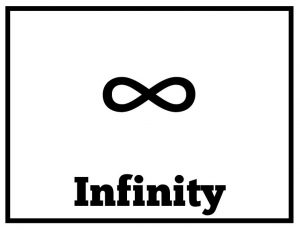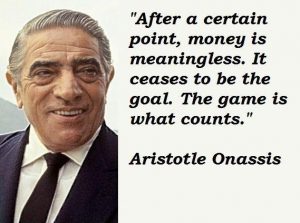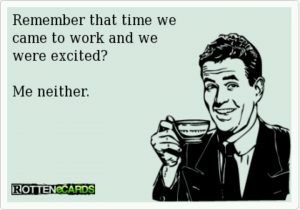
This morning in my yoga class there was something wrong with the environmental controls and I’m fascinated by how this relatively minor problem created a situation of so much unease. We humans like routine and when that is disturbed it can completely change our entire disposition. Let me explain.
At my new gym the yoga room environment is controlled by an automated system based on the class schedule. There are free-flowing advanced classes, called Vinyasa, in which the practitioners build up a good sweat. In such classes the room is generally kept cool. There is yoga in an intentionally heated and steamed room, called Bikram, in which the room is artificially turned into a sauna-like environment. And there are others, all with their ideal temperatures. Because the instructors of the previous class sometimes forgot to change the temperature to a setting comfortable for the next class; it was decided the new classroom should do it automatically. Hurray! Except when it doesn’t work.
This was the case today. When I arrived, it was clear the room was anticipating a Bikram class as there was a strong sense of moisture in the air and the yoga room was quite hot. The system began to cool the room not long after I arrived but that didn’t stop a virtual hurricane of anxiety as each new person came into the room and commented on it thus triggering replies from those already there.
About ten minutes into the class the steam came on and the room became decidedly warmer. The instructor kept her head, turned on the fans, propped open the door with a block, and largely remained calm. That being said, she was thrown off her game and the feeling of uneasiness crept into the room. I can only imagine how bad it might have become with a less calm instructor.
The class flow itself lost cohesiveness as the instructor attempted to keep the students calm while adjusting various exercises for the new paradigm. We took a Child’s Pose in the midst of active maneuvers because our instructor was concerned people might be overheating. Eventually the temperature ameliorated and the steam shut off.
Still, I found the entire episode instructive. It’s amazing how quickly a situation can turn from calm control into utter chaos. Luckily, in this case, our instructor was level-headed and the situation only mildly degenerated despite the feeling of panic that was hanging in the air for a little while. I can only imagine what might have happened with a less professional instructor.
It doesn’t take much to throw people out of their routine and into panic. It’s important in such situations to remain as calm as possible and carry on.
I’m not saying there was the potential for disaster but I can easily imagine some yoga classes degenerating into chaos under similar situation, with everyone babbling and losing the flow entirely. That would have been a waste of my morning and I’m glad it didn’t happen.
Tom Liberman


















